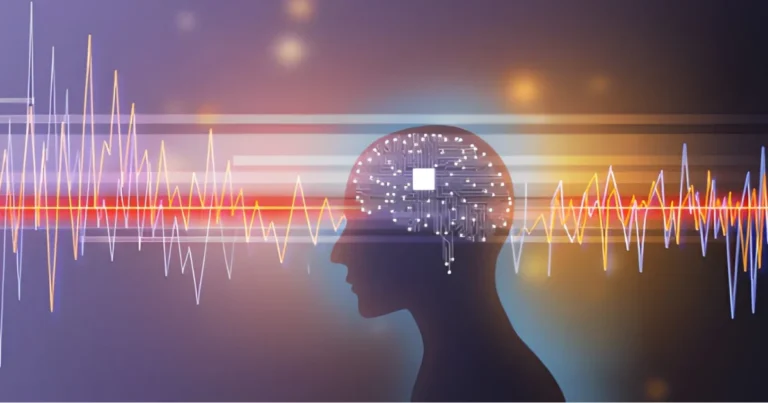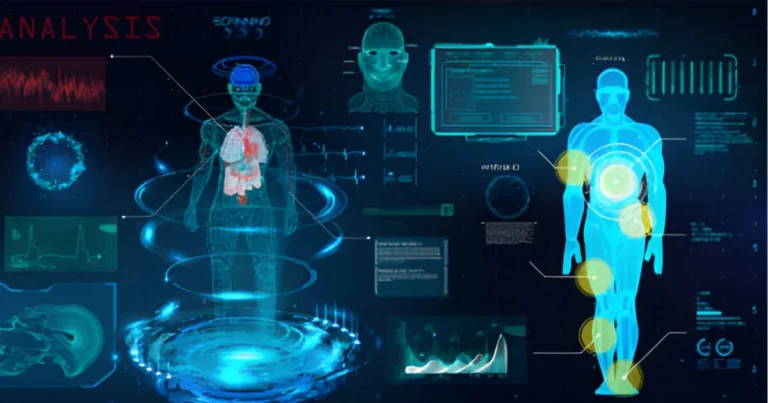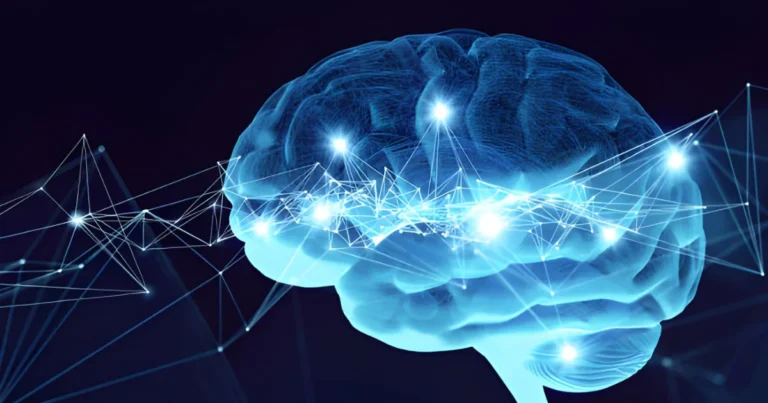The hidden cost of an All-Nighter
Sleeping too little is not just a persistent feeling of fatigue. Even after the first shortened night, sustained attention becomes unstable, reaction times slow, and brief episodes of disconnection occur, often without conscious awareness. These lapses in attention are well documented and lie at the heart of high-risk situations such as traffic accidents or errors…










